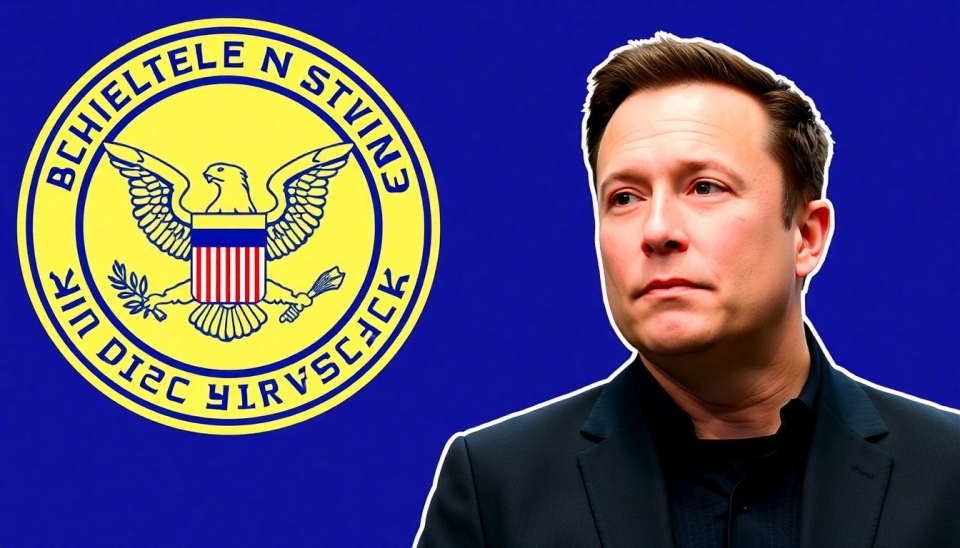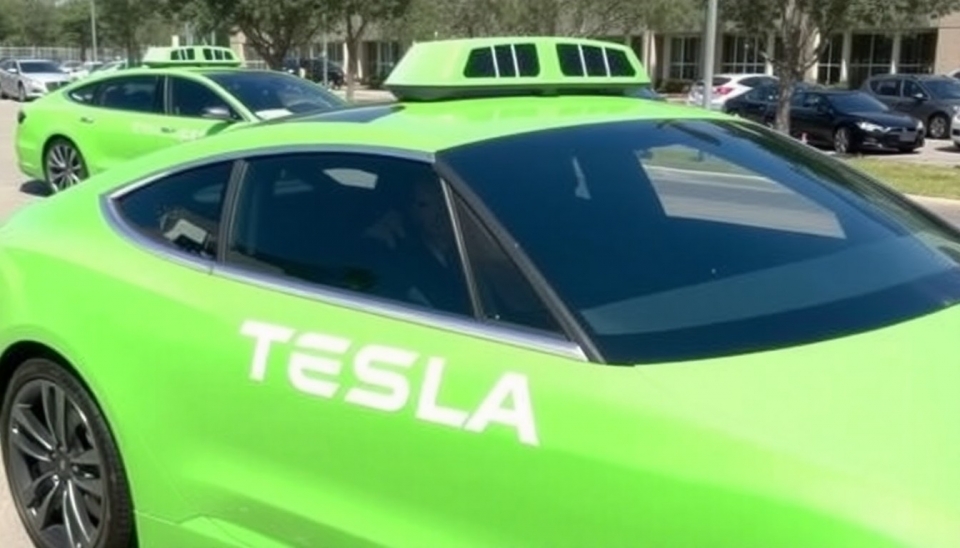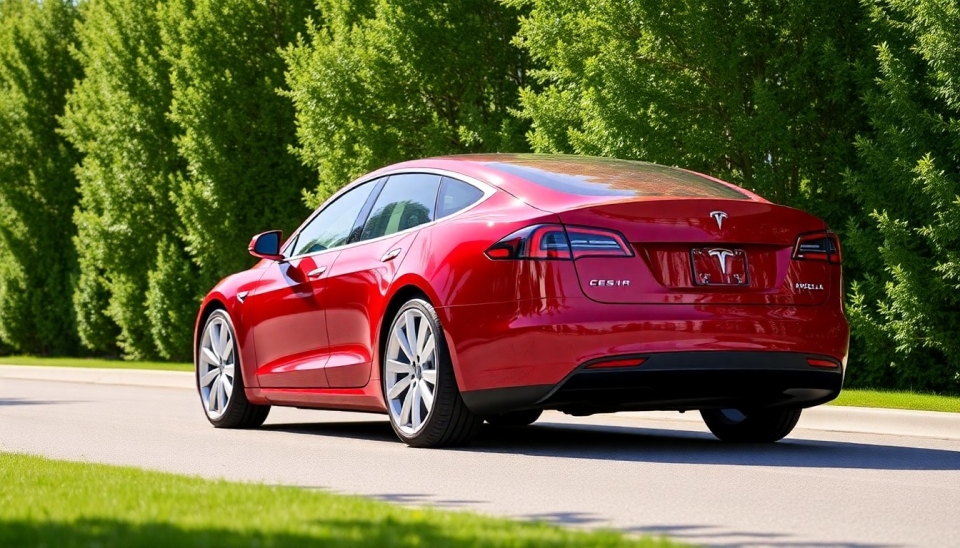
In a surprising turn of events, tech mogul Elon Musk has expressed a keen interest in gaining access to the Bureau of Fiscal Service (BFS). This request has sparked speculation about his intentions and the potential implications for his various business ventures, particularly those involving public funding and government contracts.
Musk, the CEO of Tesla and SpaceX, is no stranger to controversies, and this latest endeavor follows a pattern of his previous actions that often blur the lines between tech, business, and government. Known for his relentless pursuit of innovation and growth, Musk's request to the BFS has left many questioning what he aims to achieve and how this could affect both his companies and the wider economic landscape.
The Bureau of Fiscal Service, which operates under the Department of the Treasury, plays a critical role in managing the government’s finances, including the payment of federal employees, retirees, and various contractors. Access to such information could provide valuable insights into federal spending patterns and allow Musk to align his business strategies accordingly. However, this level of scrutiny over tax dollars and government contracts calls into question issues of transparency and ethics.
Industry experts suggest that Musk's desire to tap into the BFS may be about more than just financial data; it could also be a strategic move to further secure government contracts. Given Musk’s ongoing projects with NASA and the military, having access to fiscal data could offer him a unique edge in bidding for lucrative federal contracts.
Moreover, Musk's approach could resonate with a growing trend among tech entrepreneurs who seek closer ties with government agencies. As businesses vie for federal funds and contracts, understanding the intricacies of government budgeting becomes increasingly vital. Musk’s actions may set a precedent for how future business leaders interact with governmental financial institutions.
However, the potential for conflict of interest cannot be overlooked. Advocacy groups and some members of the public have raised concerns regarding the influence of wealthy individuals in government operations. Critics argue that Musk's wealth could afford him opportunities not available to average citizens or smaller businesses. This raises ethical questions about whether it is appropriate for someone in his position to seek such access.
As the situation develops, it will be interesting to see how the Bureau of Fiscal Service and government officials respond to Musk's request. The ramifications of this move could be far-reaching, impacting not only Musk's business empire but also the dynamics of governmental relationships with private sector leaders.
In conclusion, Elon Musk's pursuit of access to the Bureau of Fiscal Service highlights a complex intersection of technology, government, and ethics. As discussions unfold, stakeholders across various sectors will be watching closely, eager to understand the potential outcomes of this unusual request.
#ElonMusk #BureauOfFiscalService #GovernmentContracts #TechNews #BusinessEthics
Author: Emily Collins




